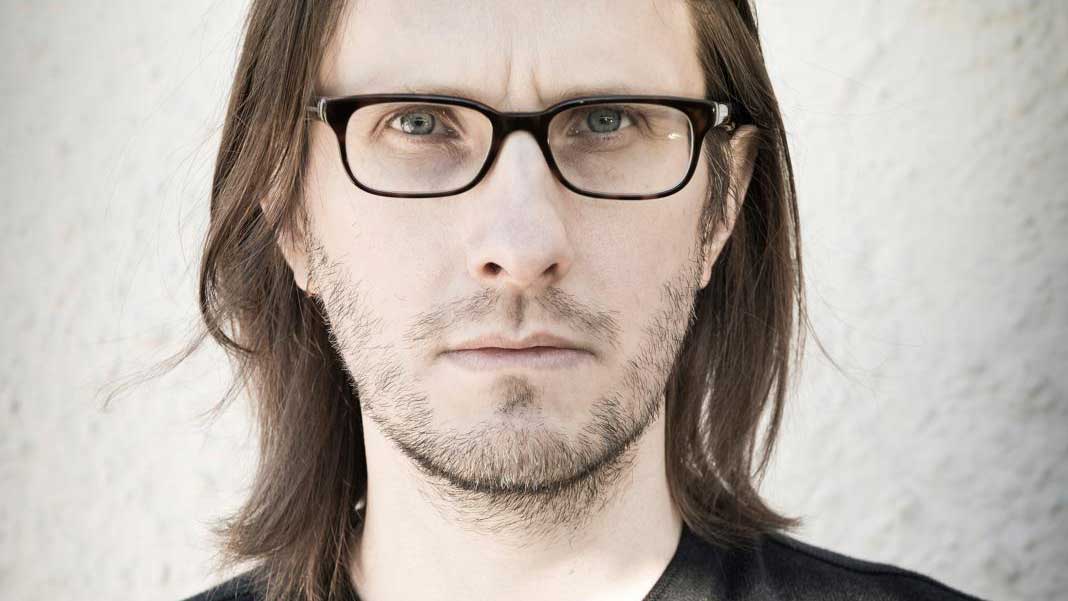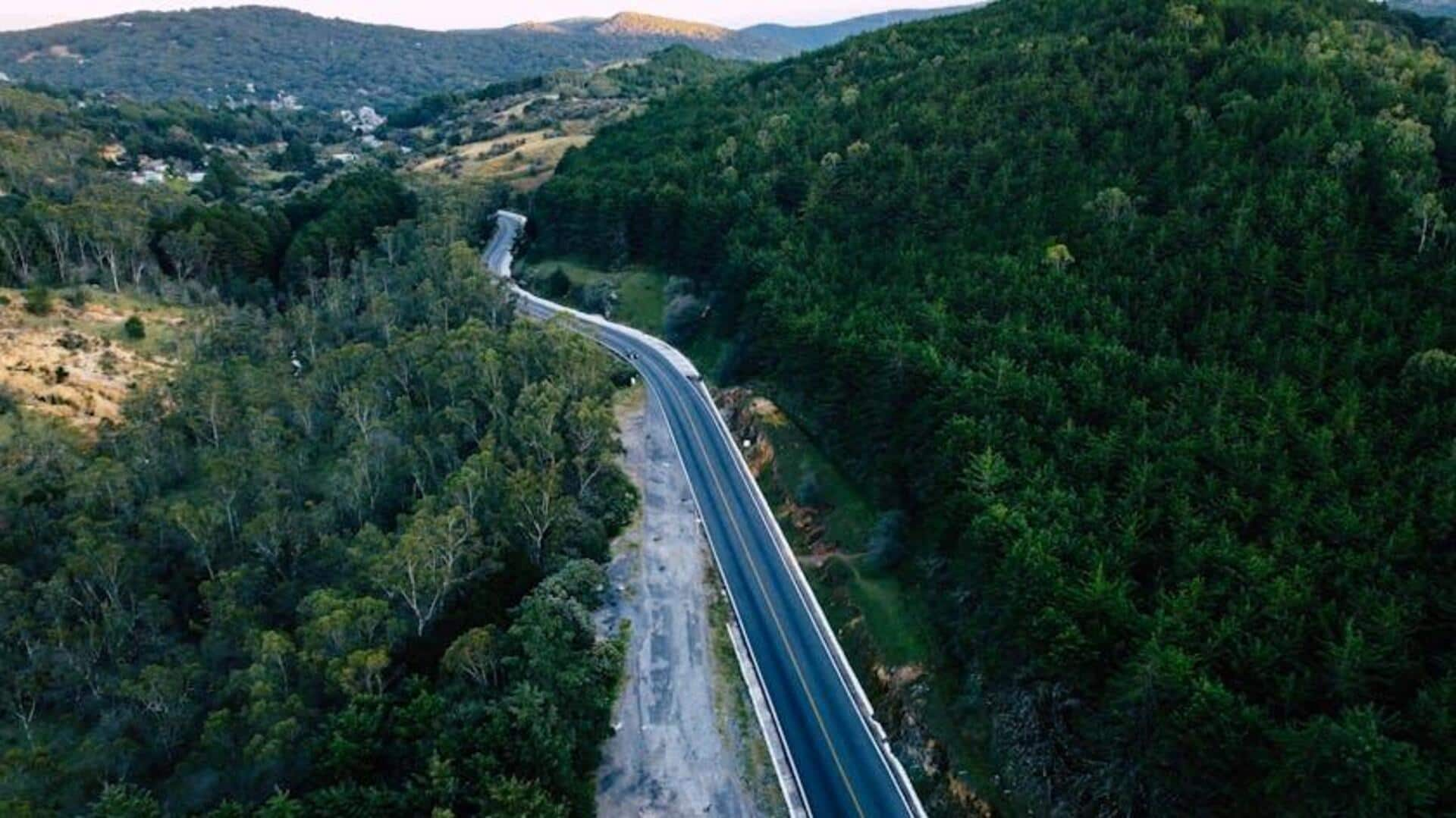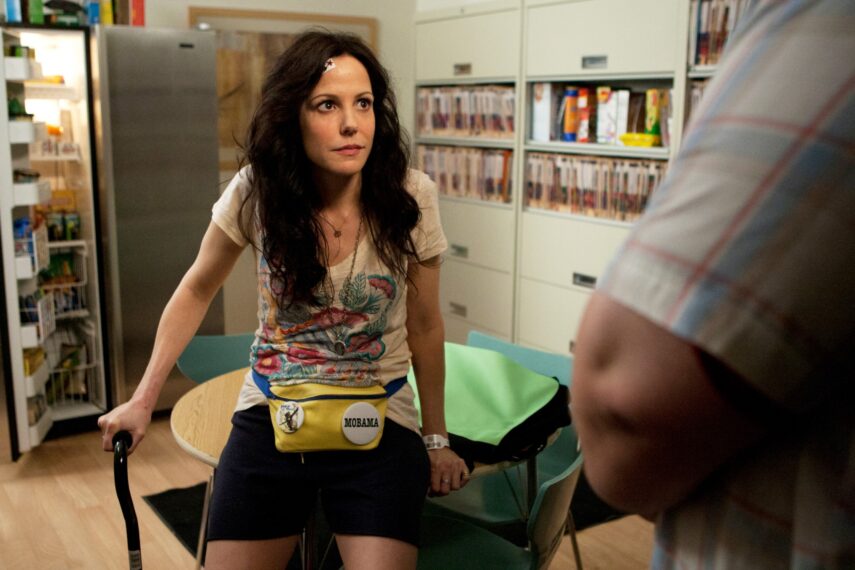"I was 12 years old when I first heard , and it was terrifying. The band were adding a rock context to the techniques of avant-garde classical composers like [Karlheinz] Stockhausen and John Cage. As much as it scared me, got me into tape manipulation and using the studio as an instrument in its own right, which was an important lesson.
" "It’s an extraordinary whirlpool of cosmic sound, the definitive space-rock statement. I love the album’s repetitive, almost pagan feel. It dispensed with the idea of soloists, and has a real sense of ‘otherness’.

were the first band I saw live – on the tour [1980] – and just left me wondering how those amazing sounds had been created." "I could’ve picked any of Sabbath’s first six albums, but has the classics, and sleepers like and – not tracks people talk about a lot, but they’re great." "Not only a concept album, it’s also the height of ’s writing, with some of his best melodies.
It’s harder than people think to make a true concept album, and Townshend was the master at making records that work on several different levels. You can pull out these songs, and they all work in their own right." " ’s albums were sometimes patchy, but is so solid.
It was the last album they made before Robert Fripp went into retreat and they split for a few years, and it features one of their classic long pieces: starts off as a ballad and becomes this pummelling, atonal rock workout. The title track is also definitive Fripp." Sign up below to get the latest from Classic Rock, plus exclusive special offers, direct to your inbox! "I know it’s a curve-ball, because this is album is seen as progressive rock getting too big for its boots.
But some wonderful follies have resulted when bands think they can do anything. A double album of four side-long pieces based on mystic scrolls, is the definitive rock folly, but it does contain some amazing music. It deserves reappraising.
" "Because my mother used to listen to a lot of disco and my father liked arty records like [Mike Oldfield’s] , I developed a love of sophisticated rock and great grooves. Presence could have been the first funk-rock album; the might have based their entire career on it. It has a wonderful production, and is arguably the greatest opening song of any record before or since.
" "Although I grew up with a lot of progressive rock, I don’t listen to much of it these days. The bands that inspired me from that scene were the darker ones. Van Der Graaf Generator was almost Wagnerian; it’s very dramatic.
Although it was slickly produced, almost pre-dated the energy of punk that was just around the corner." "Coming as part of a very significant run of Floyd albums from [1973] through to [1979], has always been very underrated. For me it’s definitely their strongest work.
There’s some astonishing guitar playing, and also the anger of those later records. Using animals to divide up the human race was a great concept. Floyd were still halfway between being a band and transforming into a solo project.
" "They invented the whole concept of industrial music, when most people thought punk the most radical thing around. When I was producing , Mikael [Åkerfeldt, guitarist/vocalist] and I were discussing the most evil music we knew. He played me a Bathory song, which was genuinely evil.
But when I played him his jaw hit the floor and he said: ‘Fucking hell, that’s sick.’ Even all these years later, it still sends a shiver down my spine." "One of my favourite bands, and this is such a great guitar record.
were always among the most musical of the punk-era bands. They used it as a springboard for some early career momentum. Andy Partridge was such a skilled writer, and was where XTC started to make their mark as a very intelligent, witty, art-pop band.
" "It’s difficult to explain this one’s appeal. I love very primitive music that’s made by non-musicians. Because they don’t have the baggage that comes with chops, they can work in pure sonic innovation.
was a double album that was made quite like no other. It had long, repetitive grooves, and John Lydon’s extraordinary voice. On paper it shouldn’t have worked, but there’s something about it that gets under my skin.
" "Following a fairly conventional punk-style debut [1979’s ], ’s second album was so incredibly dry and parched, you could almost hear the instruments inside your head. The closest comparison I can make was what Joy Division were doing at the same time. I’ve always admired it from a producer’s point of view, because space and silence are very underrated commodities.
" "I bought this via mail order, with a plain white sleeve and no information, and it turned out to be the definitive album. I was buying stuff like Maiden and Saxon. In fact, when I was 12 years old I had my own NWOBHM band called Paradox.
Unlike many of Diamond Head’s rivals, you could trace their lineage back to Sabbath and Led Zeppelin, as opposed to punk rock. It had a musicality that the others lacked." "These two are paired because both albums relied on the Fairlight [pioneering sampling tool] and were by artists at the peak of their creativity.
The album is very stripped down and percussive compared to her previous work, which I loved. She just didn’t give a shit what else was going on in the industry – who else would’ve drafted in [later disgraced] Rolf Harris and [bird impressionist] Percy Edwards? "Although had more commercial success later on, he was at the peak of his powers. Here he was being experimental but still writing great melodies.
" You either love or loathe Morrissey. To me he’s one of the greatest lyricists of the past 20 years. In the space it took Yes to follow up the , had made six albums, changed the face of music and split up.
There’s a song here about teenage pregnancy, called , that breaks my heart. Although I understand why some people hate it, I love Morrissey’s voice for its distinctiveness. In some respects this is closer to a jazz record than a rock one.
Its production captured the ambience and not just the individual performances, which was completely against then-fashionable. In that sense, [vocals/ keyboards] and Tim Friese-Green [producer] were mavericks, making these spacious records when everyone else was listening to grunge or Tears For Fears. There’s a quiet, sensuous beauty about that hasn’t dated.
" came from the arse-end of Britpop, but is a progressive rock record. Its songs are up to 10 minutes long and all interconnected, with narration by people like Tom Baker [ ]. Nobody who’d championed Mansun until that point quite knew how to take it, and it also failed to connect with a lot of people who’d have liked it.
" It contains my favourite song of theirs, the devastatingly beautiful . I was always sceptical about , whom I felt were a superior indie-alternative rock band. Some bands get to a point in their career and fail to exploit the fact that they can do whatever they like.
Radiohead had the world’s ear and, to their credit, they chose to confront its expectations. That’s what rock music’s all about and what keeps it evolving. Steven John Wilson is the founder, guitarist, lead vocalist and songwriter of the rock band Porcupine Tree, as well as being a member of several other bands, including Blackfield, Storm Corrosion and No-Man.
He is also a successful solo musician, author and in-demand remixer. Listen to the incomparable, much-missed Mark Lanegan on the driving Heard A Train, a previously-unreleased out-take from 2004's brilliant Bubblegum album "I'm sure this sounded perfectly bitchin' blasting out of a Camaro's hi-fi": Sammy Hagar provides the late-70s party soundtrack on All Night Long "If we put a small band together and just decided to throw shit at the wall, it might be great": Pete Townshend addresses the future of The Who.



















